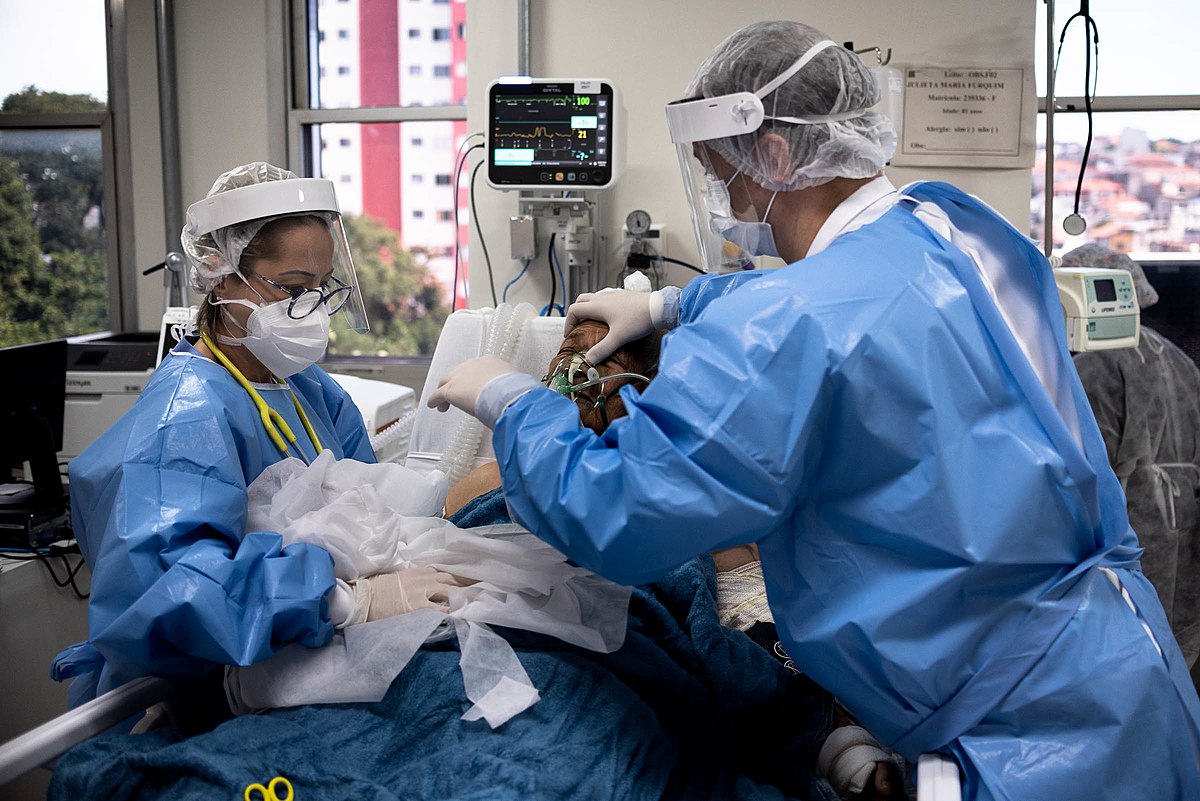More than half a billion people around the world could be pushed into extreme poverty because of the coronavirus, World Health Organisation (WHO) and World Bank (WB) experts said on Sunday in a joint study on the impact of COVID-19 on access to health services.
The increased burden of the pandemic on health systems resulted in disruptions in health services, the WHO and WB said. It brought, for example, the first decline in immunisation coverage in 10 years and increased deaths from tuberculosis and malaria. In addition, the virus has led to "the worst economic crisis since the 1930s", making it increasingly difficult for people to pay for treatment, the report said.
As a result, COVID-19 has stalled "two decades of global progress towards universal access to medicine" and more than 500 million people have been pushed to the brink of poverty by having to "pay out of pocket for health services", the experts stressed.
The WB and WHO estimate that up to 90% of households "bearing onerous health care costs" are already at or below the poverty line. "The poorest groups and people living in rural areas have the least access to health services and are the least likely to be able to cope with paying for such services," the organisations' experts said.
source: who.org
The increased burden of the pandemic on health systems resulted in disruptions in health services, the WHO and WB said. It brought, for example, the first decline in immunisation coverage in 10 years and increased deaths from tuberculosis and malaria. In addition, the virus has led to "the worst economic crisis since the 1930s", making it increasingly difficult for people to pay for treatment, the report said.
As a result, COVID-19 has stalled "two decades of global progress towards universal access to medicine" and more than 500 million people have been pushed to the brink of poverty by having to "pay out of pocket for health services", the experts stressed.
The WB and WHO estimate that up to 90% of households "bearing onerous health care costs" are already at or below the poverty line. "The poorest groups and people living in rural areas have the least access to health services and are the least likely to be able to cope with paying for such services," the organisations' experts said.
source: who.org





